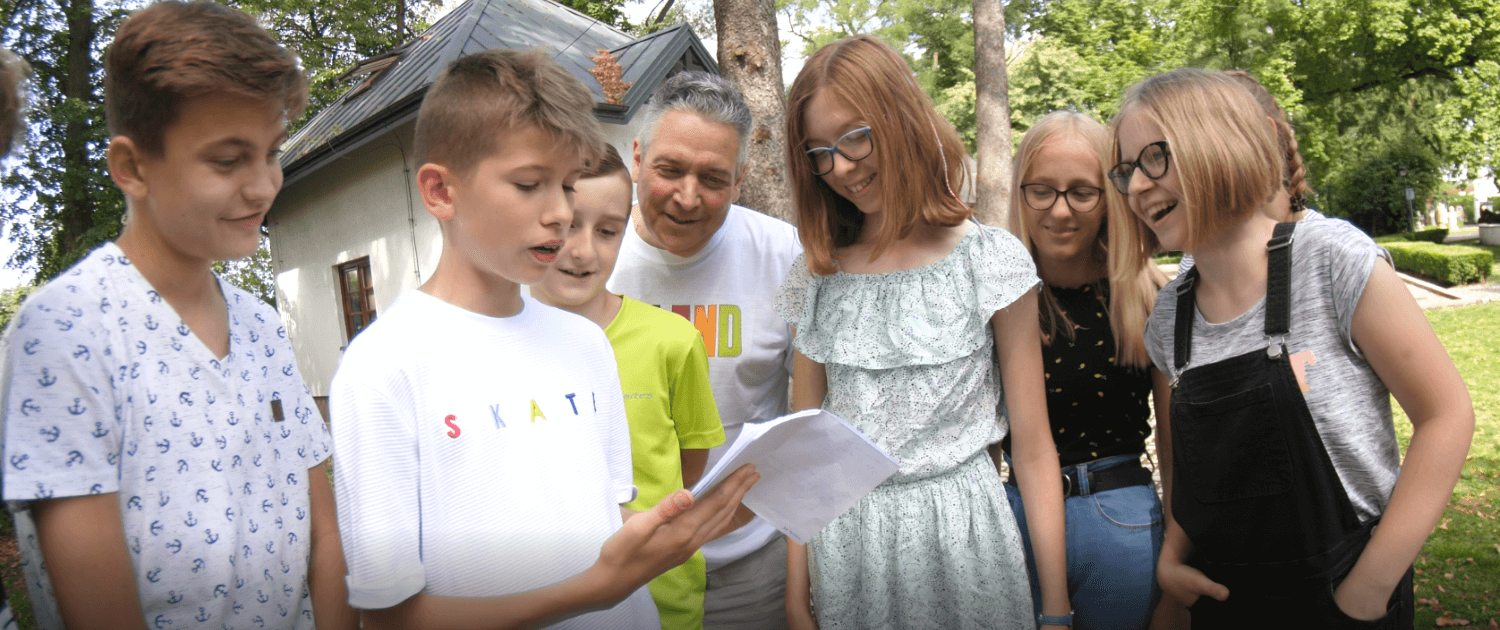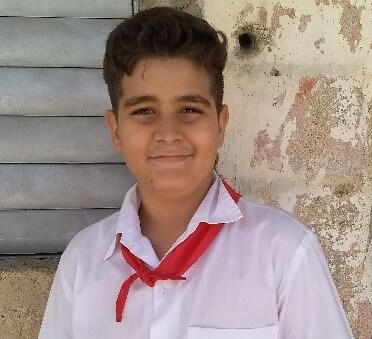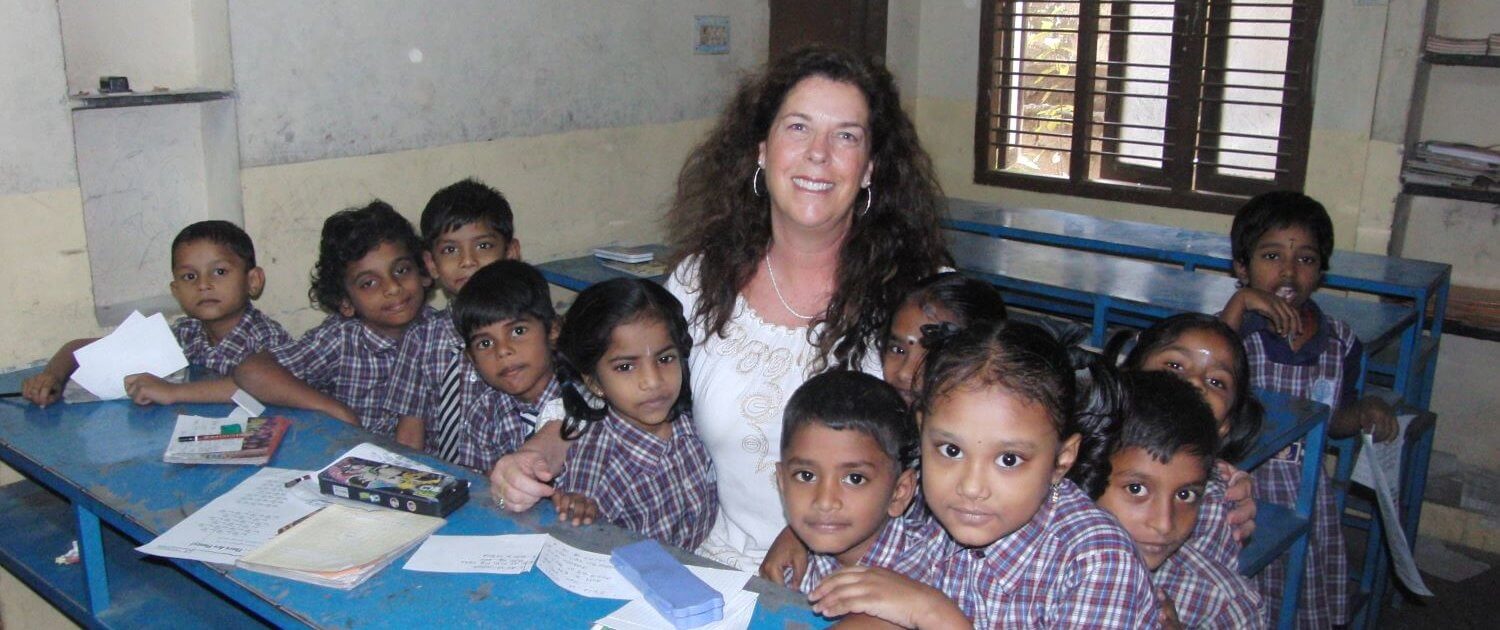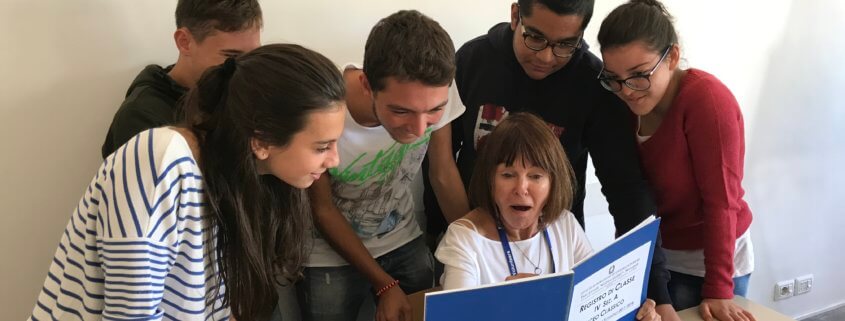Teaching Conversational English for Education, Employment and Unity
English is considered the international language of commerce, industry, technology and opportunity. Global Volunteers’ international Country Managers explain the importance of teaching conversational English, in two divergent parts of the world, for communication, social unity, and career opportunities.
In some countries, including English-speaking countries like the U.S., a second language isn’t considered essential. Native English speakers often find that traveling and working around the world is possible because English is spoken widely in most developed countries. While learning a second language is a priority in many educational tracks, English is still uniformly emphasized globally.
But speaking a single language isn’t the norm worldwide. In the cases where English is the second language, this capability can make all the difference in an individual’s career, earning capacity and lifestyle. How grateful would you be if you didn’t have the chance to learn this language and volunteers offered to teach conversational English for free? Most people in the world greatly value this service
Teaching Conversational English in Europe
Throughout the European Union, a variety of languages are spoken. But English plays a dominant role. This is certainly true in Greece, according to Greece Country Manager Sam Pinakoulaki. “Everyone in Greece should have at least a basic knowledge of the English language. In our schools, English is taught from the first grade. In private English schools, children from the age of eight begin their English studies if they wish to eventually gain a certificate in English proficiency. In Greece, as in many other European countries, it is essential that people know basic English, as tourism is one of the country’s main sources of income, and English is the language of tourism.”
According to the Institute of the Greek Tourism Confederation (INSETE), tourism amounts to approximately twelve percent of their GDP. Our host island of Crete provides over a quarter of Greece’s revenue in tourism. And even more significant, the tourism industry provides jobs for 411,000 people in accommodation and food service industries alone. If all tourism-related activities are considered, tourism accounts for approximately 40% of all employment in Greece. So, English fluency is a significant skill for those seeking employment in the tourism field. About half of the Greek population can speak some English, but the other half must learn English to expand their career opportunities.

Poland Country Manager Dorota Wierzbicka explains that English became critical when the country became a democracy in 1989 with a goal of joining the European Union and NATO. At that time, very few English teaching resources were available to most people. “After many years of studying Russian, students and government leaders needed a well-qualified English speaking cadre to teach language skills. Global Volunteers made English classes available to thousands of Polish students. The volunteers offer this unique opportunity to practice what they learn with their Polish teachers of English, improve their pronunciation and listening skills to ensure they would both understand and be understood when they will need to communicate in English in the future.”
Our community partners in Siedlce County cite the help from native speakers for enabling young adults to compete in the Polish and European Union job market. “English is the language of communication between businesses and companies from all the EU member countries so helping the students, especially from the rural schools, learning this skill is really crucial for their future success in life,” Dorota asserts.

English as a “Head Start” in Cuba
Global Volunteers offers English language practice sessions to youth and adults in Ciego de Avila and Havana, Cuba. Adults who wish to work with English-speaking tourists are grateful for the opportunity to learn the basics, and to improve their pronunciation and understanding. Children are urged by their parents (teens often choose to participate independently) to improve their competence with the English language.

Arley Ahu is an elementary school student who has attended English tutoring in Ciego de Avila with volunteers. As his devotion for the English language grew, he encouraged his older brother Arlian to attend the tutoring sessions with him. “English is a very important tool for anybody with desires to go forward in professional life anywhere in the world, says Arley and Arlian’s father, Jesus Ahu. “But, it’s something very difficult to get kids interesting in. Global Volunteers has helped us to fill that gap, and fortunately, our kids love English. We are really thankful to the volunteers for making English learning for Arley a fun experience.”

Roig Ramirez attends the Pedagogical University of Ciego de Avila to become an English teacher, and takes advantage of every opportunity to work with volunteers. “The tutoring program is invaluable for me,” Roig asserts. “Although we have great teachers in our school who make great efforts to provide good language learning, sometimes this is not enough. There is nothing like the opportunity of talking with a native English-speaking person,” he continued. “We also get to know more about cultural and historical aspects of the United States that are vital for someone who will have to teach the language in the future. For me Global is a remarkable opportunity I am very grateful for.”
English for Unity Amidst Diversity in India
Throughout India, English is the common communication tool among people speaking hundreds of dialects. Global Volunteers Country Manager Stephen Raja explains: “India has 22 official languages and more than 300 dialects. And if you travel from North to South or East to West within India, you will find a different language for every few hundred kilometers. Moreover, every state in India was formed on the basis of language, with 28 states and separate languages. For example, I live in the city of Chennai in the state of Tamil Nadu and if I travel north by 70 KM or an hour’s drive into my neighboring state of Andhra Pradesh, the local language is completely different and I do not understand the local language at all. The only way I can communicate is in English.”

Stephen points out the central government promotes Hindi, which 43% of the population speak, as the national language. “But we, the southern state of Tamil Nadu, oppose Hindi as we already have English has a communicative and business language, and we do not need Hindi,” he stresses. “The central government has introduced a three-language system in schools which includes Hindi. But we, the state of Tamil Nadu, are the only ones who oppose the three-language system and have said we will continue to have the two-language system of Tamil and English only. Tamil will be the local language and English will be the national language of communication,” Stephen says, and he concludes, “we pride ourselves as a country where our strength lies in ‘Unity among Diversity,’ and English has united us as a language of communication and business.”
Teaching Conversational English as an Essential Tool
In our partner communities, English is not as much a matter of choice, but more an essential tool for communication and future success. By teaching conversational English skills, and helping students attain confidence and a depth of understanding, volunteers’ help impacts children and adults for the rest of their lives. Dorota knows first-hand the advantage that volunteers bring to partner communities. A former student herself who improved her English skills through interactions with volunteers, she says she wouldn’t have her management position with Global Volunteers without her English skills. “When our volunteers teach conversational English, they not only expand children’s opportunities in life, they help unify and inform the world.”
You may also like:




Leave a Reply
Want to join the discussion?Feel free to contribute!